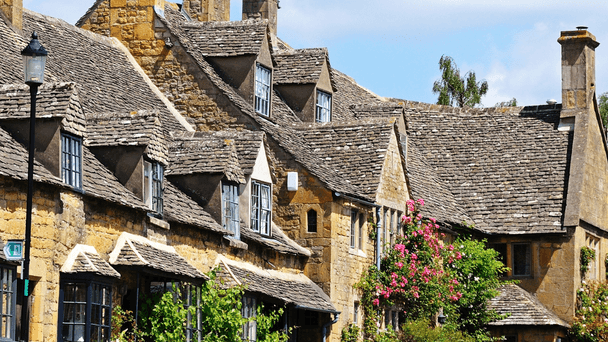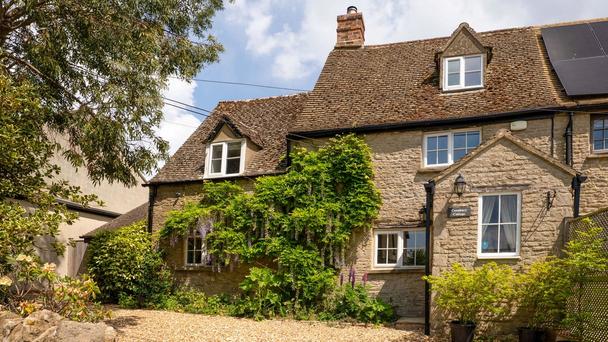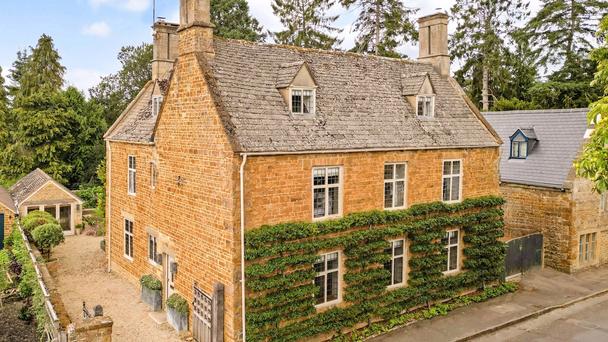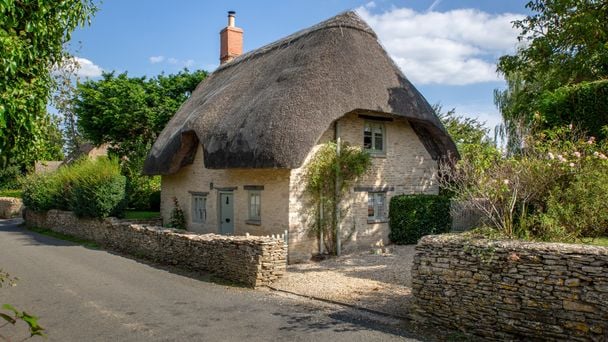
Introduction to Legionella - Control and management in rented property

Control of Legionella risk in a rental property - This news brief explains how landlords can comply with the regulations.
The Control of Substances Hazardous to Health Regulations 2002 and the L8 Approved Code of Practice: Legionnaires’ Disease, set out the legal responsibilities for landlords in the UK, regarding their duty of care towards tenants in respect of Legionella.
What is Legionella?
Legionella is a bacteria that is found in man-made water systems. When inhaled, it can cause a potentially fatal type of pneumonia, known as Legionnaires' disease.
What properties are at risk of Legionella?
All man-made hot and cold water systems installed in properties, are environments in which Legionella bacteria can grow. There are certain features which make a particular property especially susceptible to the bacteria;
Cold water storage and older water systems, where water is stored and recirculated through the system before it is used. Communal water systems which serve multiple properties.Open water tanks (common in older buildings).Properties that are left vacant for extended periods of time.Water droplets/spray/mist dispersed into the air through showers, hot tubs, hose sprinklers, dishwashers, washing machines, whirlpool baths etc.Water temperatures between 20°C and 45°C, is the range in which the bacteria thrives.Water that contains, or has contact with, debris, ie rust, scale, sludge, biofilm etc.
Properties could be considered low risk if:
Daily water usage is enough to empty and refill the entire system of a property.Cold water comes directly from the mains water supply rather than a water tankHot water comes from instantaneous water heaters such as combination boilers or electric showers.
What must a landlord do?
Below is an overview of the legal framework, which must be followed in order to control the risk of Legionella in water systems.
1. Conduct Risk Assessments Frequently
A simple assessment of the risk from Legionella exposure should be carried out by a competent person. This would involve an inspection of all man-made water systems and equipment in a property, in order to identify if the system is likely to cause a risk from Legionella exposure. It is recommended that risk assessments are conducted every 2 years, or at the start of a new tenancy.
2. Record Your findings
It is recommended that written records of Legionella risk assessments are kept, and must include the following details;
The name and position of the assessorThe condition of the water systemsThe frequency of the systems use.If risks have been discovered, adequate control measures detailed and implemented.
3. Control
It is imperative that landlords remove any identified risks in a property, together with putting in place control measures for the future. These measures may include:
Installing lids/seals on water tanks to prevent contamination of the stored water.Maintain boilers in good working order.Clean, descale and disinfect shower heads regularly, and keep taps clear of limescale.Flush out the system before letting the property.Measure the temperature of the water hot and cold. Ensure that these temperatures are at a level which prevents low risk of legionella bacteria growth (hot water at 60 degrees kills legionella bacteria).Removal of redundant pipework.
Sanctions
If a tenant were to contract Legionnaires’ disease from a properties water system, where a landlord was unable to prove in court that they had satisfied their legal obligations, a landlord could be liable to prosecution under the Health and Safety at Work Act 1974 and could be fined up to £20,000.
How can a tenant help?
Tenants can help reduce the risk of Legionella in the property they rent. We advise landlords to ask their tenants to help by;
Cleaning, descaling and disinfecting shower heads and taps regularly.Not tampering with controlled temperature settings for the water.Advise the landlord promptly if there are any problems with the water system, eg. Leaks, broken pipes, hot water not being hot enough, cold water being warm Inform the landlord of any extended periods when the property might not be used.
The information within this news brief has been researched from a number of sources and does not constitute legal advice. This has been produced for general information only. Butler Sherborn assumes no responsibility or liability for any errors or omissions in the content and gives no guarantees of completeness or a

Why the Cotswolds Remains One of the Strongest Property Markets in the UK
Few regions in the UK combine lifestyle appeal, long-term value and consistent demand quite like the Cotswolds. Despite periods of national market uncertainty, the Cotswolds continues to stand out as one of the country’s most resilient and desirable property markets, attracting homeowners, investors, and international buyers alike. So, what underpins this enduring strength?
Why the Cotswolds Remains One of the Strongest Property Markets in the UK
A Personal Approach to Property: Client Experiences with Butler Sherborn
At Butler Sherborn, client experience sits at the heart of everything we do. Across sales and lettings, our teams pride themselves on professionalism, local knowledge and a truly personal approach. The following recent reviews from 2026 highlight just a few of the outstanding experiences our clients have shared.
A Personal Approach to Property: Client Experiences with Butler Sherborn
January Market Comment
January has seen us firmly up and running across the Cotswolds. Activity has been encouraging, with positive levels of interest and a busy start to the year. We have already agreed a good number of sales across our three offices in a range of different price points, which is a positive indicator of buyer intent following what was a very cautious 2025, with low confidence and many delays.
January Market Comment
Three Quintessential Cotswold Cottages – Full of Character & Charm
With Valentine’s Day just around the corner, there’s something undeniably romantic about the idea of escaping to a cosy Cotswold cottage. Think honey-coloured stone walls, crackling log fires and soft lamplight spilling across plush sofas - perfect for long conversations, shared glasses of wine and slow, unhurried mornings. In winter, the Cotswolds reveal a quieter kind of beauty, with misty lanes, frosted fields and snug village pubs just a gentle stroll away. It’s a setting steeped in charm and warmth, and utterly quintessential in its British appeal.
Three Quintessential Cotswold Cottages – Full of Character & Charm





